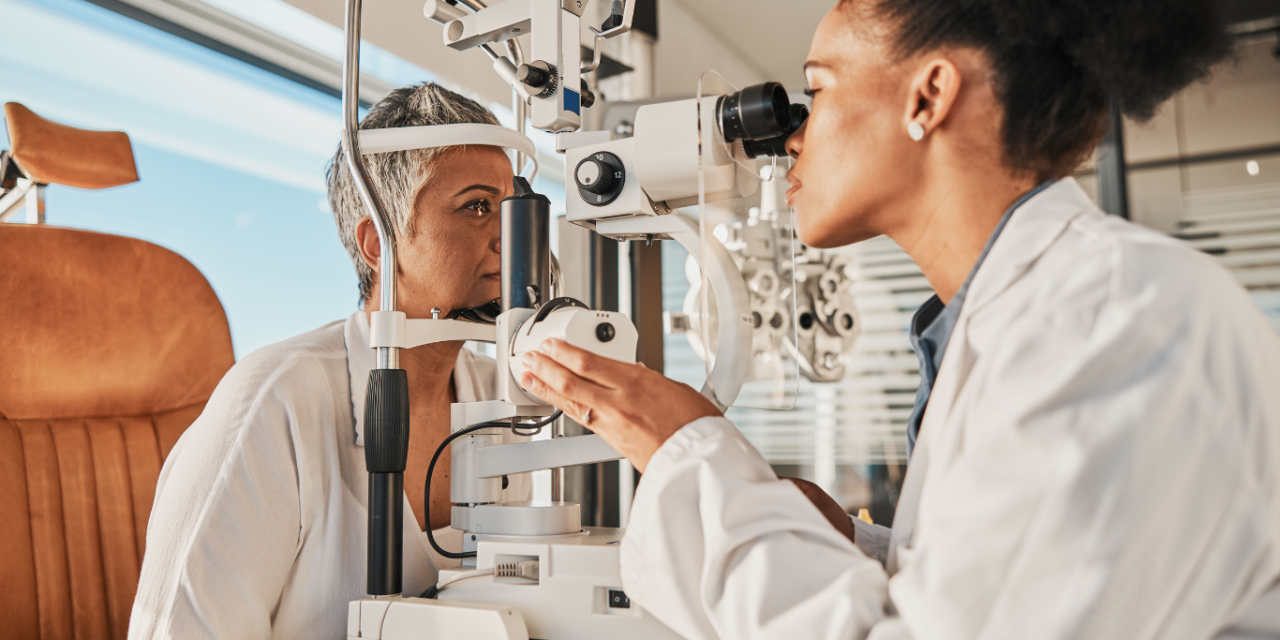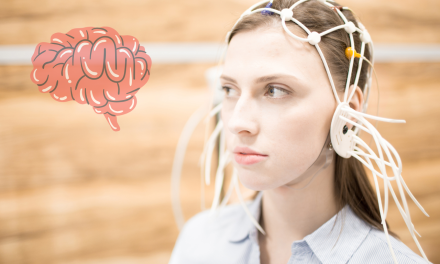Scottish scientists are spearheading a groundbreaking initiative that could transform the way dementia is diagnosed. By harnessing the power of artificial intelligence (AI) and retinal imaging, a new tool is being developed for high-street opticians to identify the earliest signs of dementia, potentially long before symptoms manifest.
The research focuses on analyzing photographs of the retina, located at the back of the eye, to assess brain health. Using advanced AI algorithms, the software interprets subtle changes in the retina’s blood vessels that may signal the onset of neurodegenerative diseases. This innovative approach could pave the way for earlier diagnosis and preventative strategies.
The NeurEYE research team, led by the University of Edinburgh and including experts from Glasgow Caledonian University, has compiled a database of nearly one million eye scans from opticians across Scotland. This collection is the largest of its kind globally and forms the foundation for their cutting-edge AI technology.
The team’s algorithm evaluates the health of the retina’s delicate blood vessels, which can reveal signs of disease earlier than other parts of the body. These findings can be seamlessly integrated into routine eye examinations, providing clinicians with a powerful tool to detect conditions like dementia at a much earlier stage.
By offering insights into the link between eye health and brain health, this pioneering research holds the promise of not only diagnosing neurodegenerative diseases sooner but also enabling interventions that could delay or even prevent their progression.
















